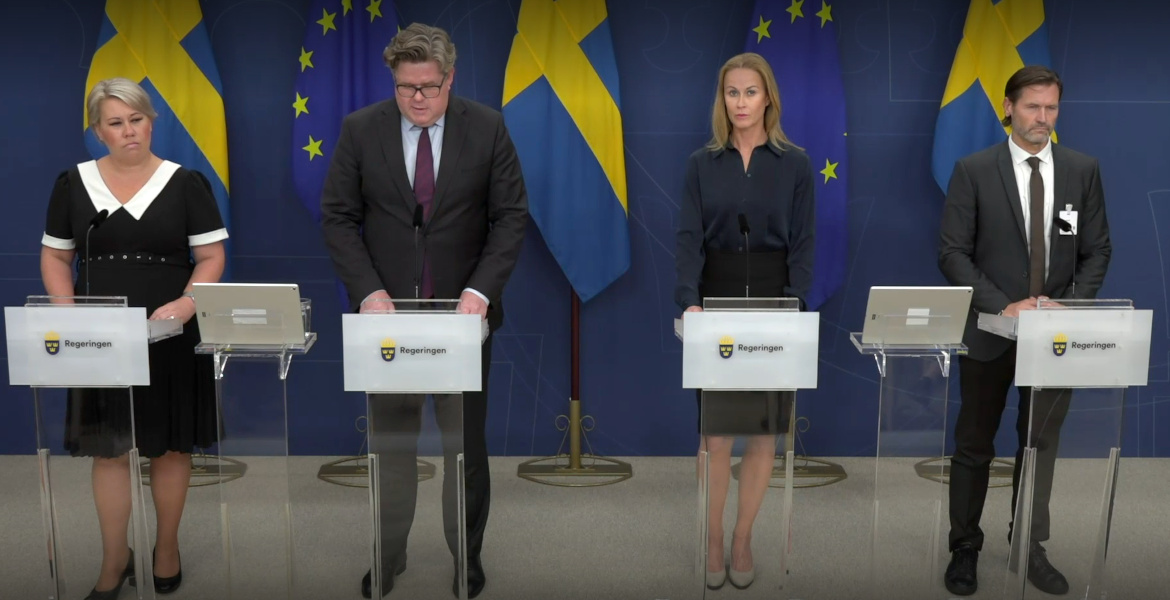The conservative government and the Sweden Democrats want to further expand the surveillance apparatus, citing organized crime as the reason.
They intend to install more cameras and significantly increase the use of AI technology with facial recognition by the police to identify undesirable individuals.
– In a situation where fewer and fewer people dare to talk to the police, the need for technical evidence is crucial, and we already know that cameras are extremely central in this, asserts Minister of Justice Gunnar Strömmer (M).
“Three legal amendments to further improve the possibilities for camera surveillance are to be investigated expeditedly in the Government Offices. The police will be given better conditions to use camera surveillance with automatic reading of license plates, access to surveillance material from others, like traffic cameras, and be able to use facial recognition more extensively, for example, to identify gang members”, the government states in a press release.
More cameras
The police will have even greater freedoms, including deploying drone surveillance cameras, and it will be easier to use surveillance cameras without having to inform the public. Furthermore, the number of “fixed and mobile surveillance cameras” will increase from the current target of 1600 to 2500 by the end of 2024. The police will also have “increased access to existing camera systems linked to the state transport infrastructure”.
– This has great practical importance for preventing and preempting more shootings and bombings, and the police’s ability to identify and prosecute criminals is significantly improved. It is about creating simpler and clearer rules, thereby increasing the scope for using cameras and other effective tools in the fight against crime, claims the justice minister.
“Dangerous authoritarian technology”
Earlier this week, British Big Brother Watch, along with several other organizations, demanded an immediate stop to the use of facial recognition technology, warning about the possibility of surveilling and mapping regime critics.
– This dangerously authoritarian technology has the potential to turn entire populations into walking ID cards under constant police control, warns chairman Silkie Carlo.
It is also pointed out that AI cameras are not compatible with traditional democratic principles and that those in power do not have the moral mandate to use this type of technology against their own citizens.
However, Martin Melin, a member of parliament for the Liberals, believes that privacy concerns are not a significant issue for a population where fear of acts of violence is widespread.
– I don’t feel that people are worried about being filmed; on the other hand, people are worried about having their house blown up or being shot while they are out shopping, he says.









